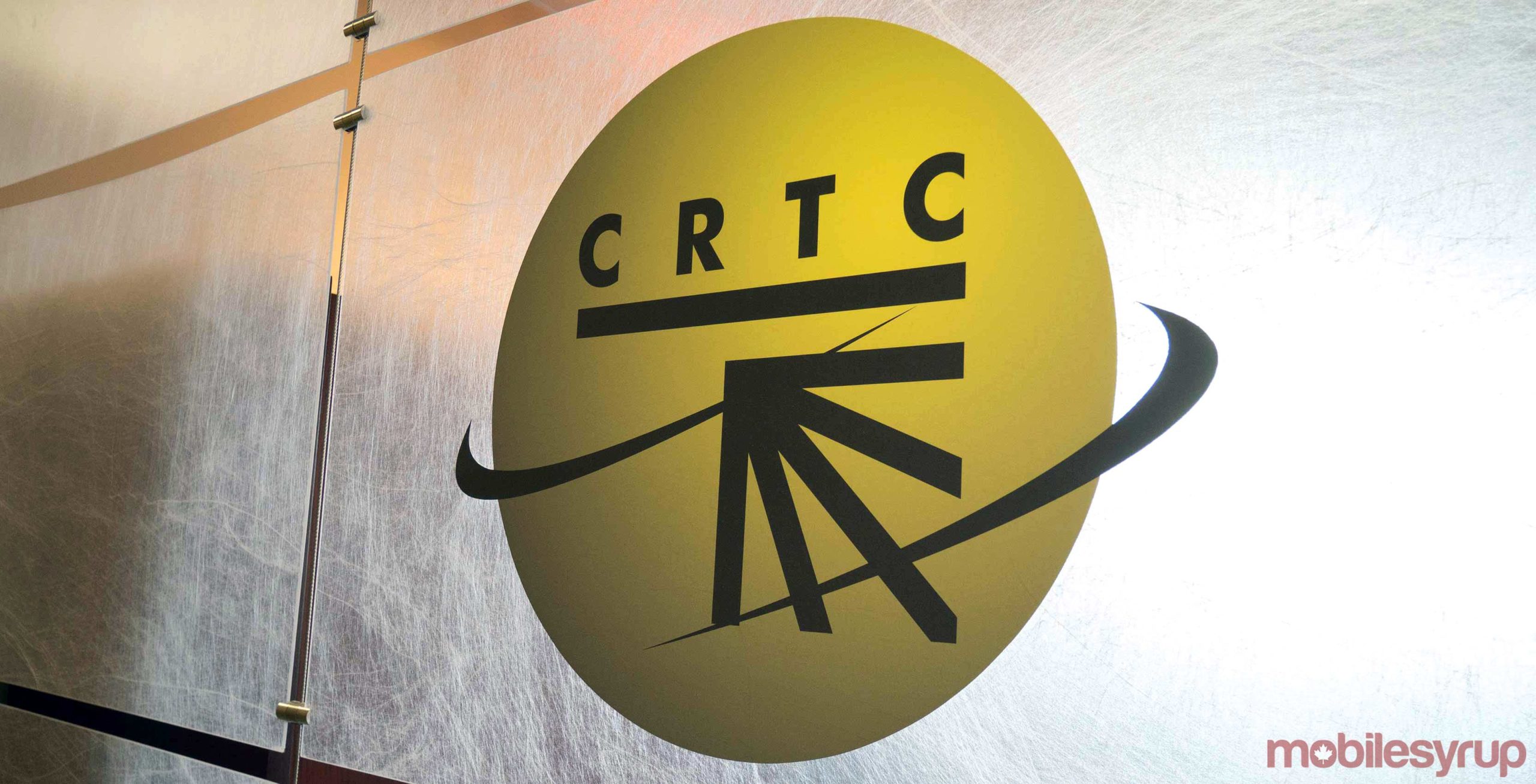
The CRTC has approved Bell’s request to conduct a 90-day trial to test technology that blocks voice calls over its network that have been verified to be fraudulent. Bell claims that this technology is capable of blocking 120 million more spam calls a month on top of techniques currently in place, bringing the total to 220 blocked calls monthly.
This system will operate dynamically and is set to be powered by a combination of artificial intelligence (AI) and human analysis that compiles and blocks specific fraudulent spam calls on the carrier’s network. Bell Canada currently has one week to file revisions to its application, as well as to provide a non-disclosure agreement to investors that want to learn more about the technology.
“Canadians rely on their phones to stay connected with family, friends, customers and colleagues, and customers at all carriers are justifiably frustrated by the volume of fraud calls they continue to receive,” said Rizwan Jamal, the president of Bell residential and small business, in a statement.
“Our industry has made solid progress in combatting these scam calls, and Bell’s innovative new AI process would further dramatically reduce the number that get through to customers. We’re ready to take the next step, and while we welcome today’s decision by the CRTC to move the process forward, we eagerly await its approval to launch our trial.”
Bell claims that its AI-powered call blocking technology features a secondary process that validates the fraudulent nature of calls and cross-references them with the Canadian Anti-Fraud Centre (CAFC)
Back in December of 2018, the CRTC ruled that Canadian carriers are required to implement a universal, network-level system that blocks calls attached to illegitimate caller identification.
In November 2019, both Rogers and Bell began the process of implementing a universal call blocking system that applied to all wireless, IP and landline phones, in response to the Canadian Radio-television and Telecommunications Commission’s (CRTC) mandate. Telus confirmed to MobileSyrup in early November that it was also working towards fulfilling the CRTC’s directive.
Canadian carriers had until late December to begin carrying out this mandate.
MobileSyrup may earn a commission from purchases made via our links, which helps fund the journalism we provide free on our website. These links do not influence our editorial content. Support us here.


